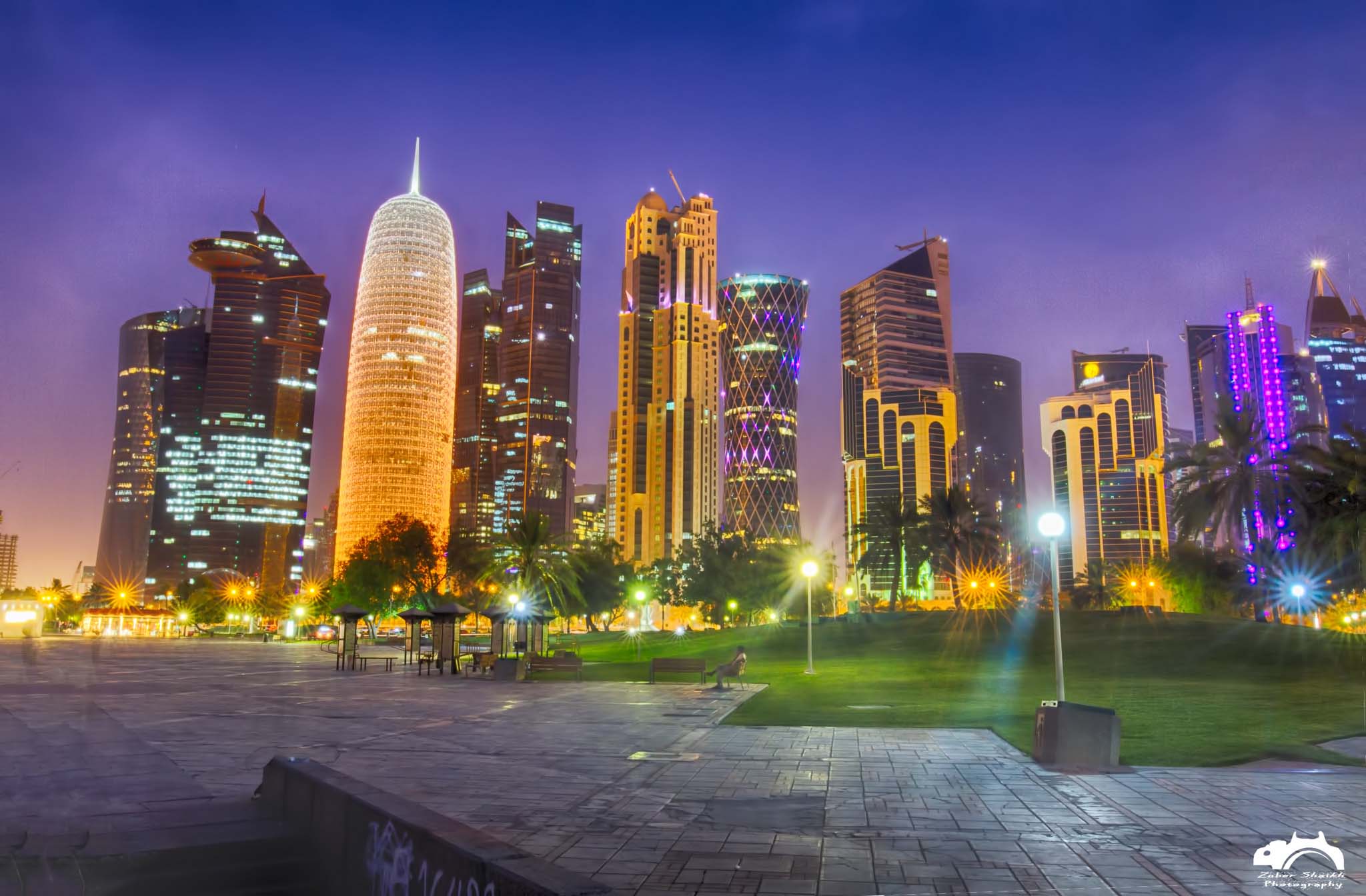
Doha continues to be one of the least environmentally sustainable cities in the world due to its harsh climate, glut of fossil fuels and high levels of energy consumption, an annual index has found.
But given its relatively young age, this isn’t a big surprise, the report’s authors said, adding that Qatar is expected to make big strides in the coming years.
Overall, Doha ranked 72nd out of 100 cities in this year’s Sustainable Cities Index, compiled for Arcadis by UK-based economic consultancy Centre for Economics and Business Research (CEBR).
The report outlined the sustainability of cities across the world by analyzing their performance in 32 categories.
People, planet, profit
Last year, Qatar’s capital ranked 41st out of 50 cities in the same index, which has since been expanded to include twice as many cities and several new indicators.
Once again, in terms of the people, planet and profit “pillars,” the city did poorly in the environmental category (planet), coming in 98th – ahead only of China’s Wuhan and India’s Kolkota.
But it did better when it came to economic factors (profit), coming in 50th for its ongoing investment in public transport, healthcare, tourism and education.
This category also included ease of doing business, tourism growth, GDP per capita, connectivity for mobile and broadband access, employment rates and the city’s importance in global economic networks.
Doha also came in the middle in terms of “social” sustainability (people), with a world ranking of 57th.
This category studied quality of life-related issues and rated cities according to life expectancy and obesity rates, education, income inequality, work-life balance, crime, green space within cities and housing and living costs.
Middle East rankings
Eight cities in the Middle East were included in this year’s study. Doha fared the worst in the region for its “green factors.”
But overall, the city ranked in the middle in terms of regional sustainability.
Dubai took the top spot and came in 52nd position globally, followed by its Emirati neighbor Abu Dhabi (2nd/58th).

Kuwait City placed just ahead of Doha in 70th place in the world rankings, while the Jordanian city of Amman came last in the region overall, at 86th.
Global picture
Worldwide, the overall rankings were dominated by well-established European cities, taking up 13 of the top 15 placements.
The Swiss city of Zurich came in first place and Stockholm third, though Singapore came in second.

Meanwhile, younger cities with developing economies – particularly fossil fuel-rich energy producers – are clustered in the bottom half of the table. They predominantly represent the Middle East, India and China.
Even the high-performing cities showed disparity across the categories, and Doha was no exception.
Environmental impact
According to the report, Doha is “making good progress in becoming more socially and economically sustainable, however a number of environmental issues still need to be addressed.”
In the “planet” category, cities were judged across seven factors:
- Environmental risks;
- Energy;
- Green space;
- Air pollution;
- Green house gas emissions;
- Waste management; and
- Drinking water and sanitation.
Qatar’s low score here was due to a number of issues, including the high energy consumption driving its economic development.
As one of the world’s leading producers and exporters of LNG but with a small population of only around 2.5 million people, Qatar typically scores poorly in studies that examine emissions per capita.

Additionally, there are also fewer incentives to conserve energy due to existing fossil fuel resources in Qatar and the rest of the Gulf, the report noted.
On that note, none of the GCC cities included in this study did well in terms of environmental sustainability. Jeddah came in 81st place, and at 96th, Dubai was only two spots ahead of Doha.
However, Qatar does plan to invest more in renewable energy, said Jack Overkamp, managing director of Arcadis Qatar. In a statement, he said:
“Doha is much younger than most cities and as such deserves tremendous credit for the progress it has made over the last twenty years.
The future looks even brighter as the city’s ambition to build a presence on the world stage, including hosting the 2022 FIFA World Cup, will see continued investment in transport infrastructure and in making the city an easier place to do business.”
The full report can be found here.
Thoughts?







